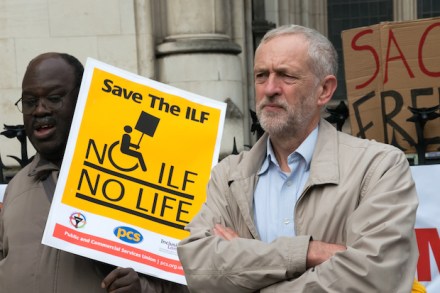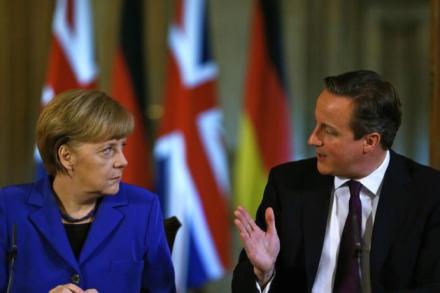‘Careless talk costs lives’: Cameron angers MPs as he insists he was ‘misinterpreted’ on EU vote
It’s not clear who David Cameron is trying to annoy more: his party or the press pack following him at the G7 summit in Bavaria. But what is clear, at least in the Prime Minister’s mind, is that he has been misinterpreted on the issue of a free vote in the EU referendum. Not over-interpreted, as Number 10 said this morning. ‘It’s clear to me that what I said yesterday was misinterpreted,’ he said, explaining that he was referring to the renegotiation: ‘I was clearly referring to the process of renegotiation. But the point is this. I have always said what I want is an outcome for Britain that keeps




















